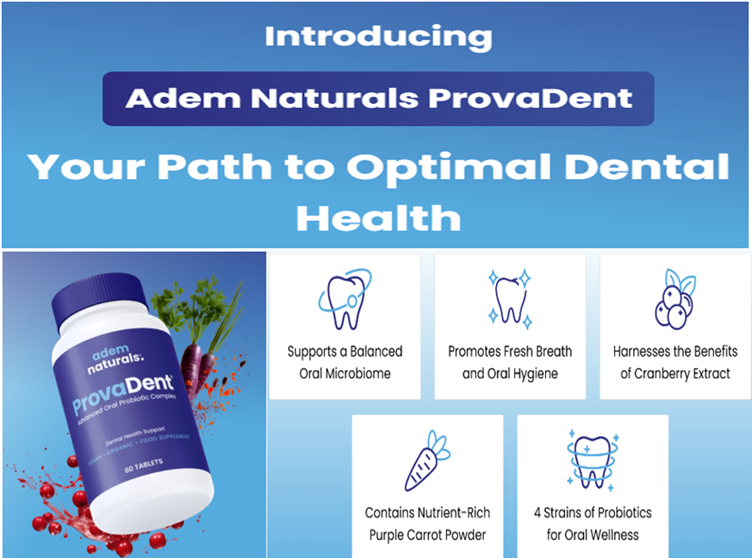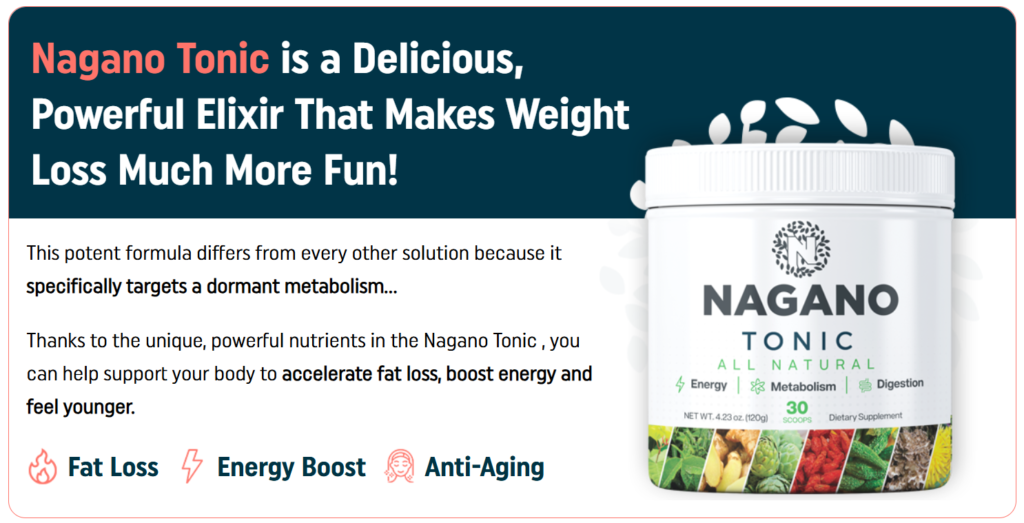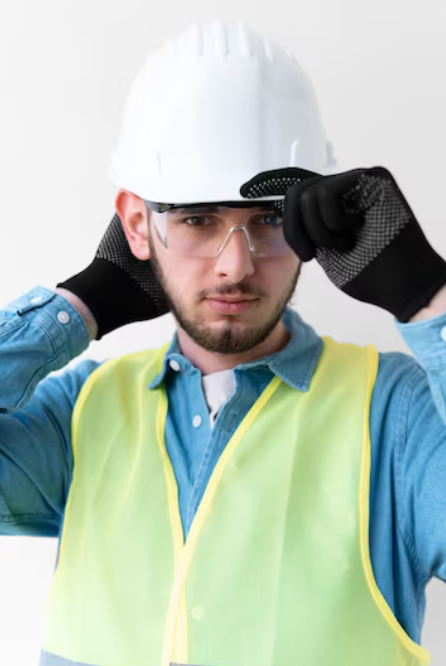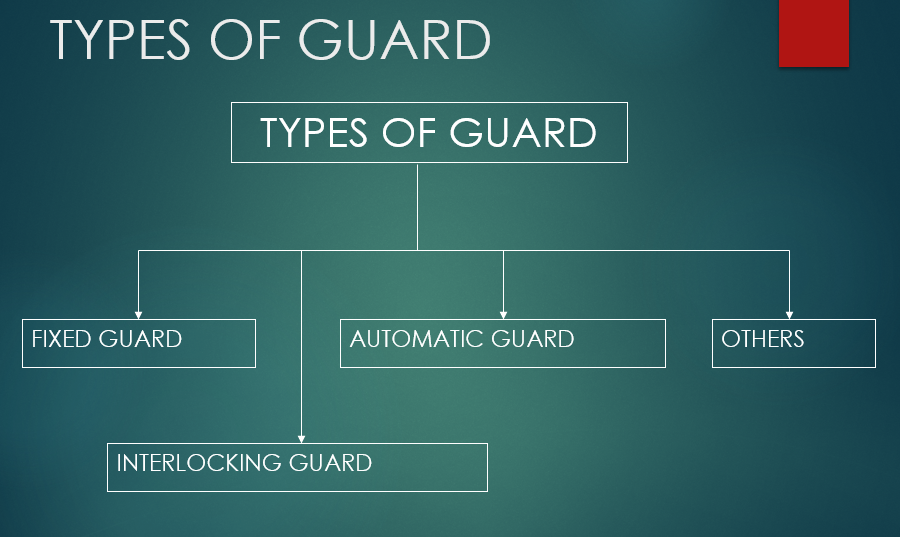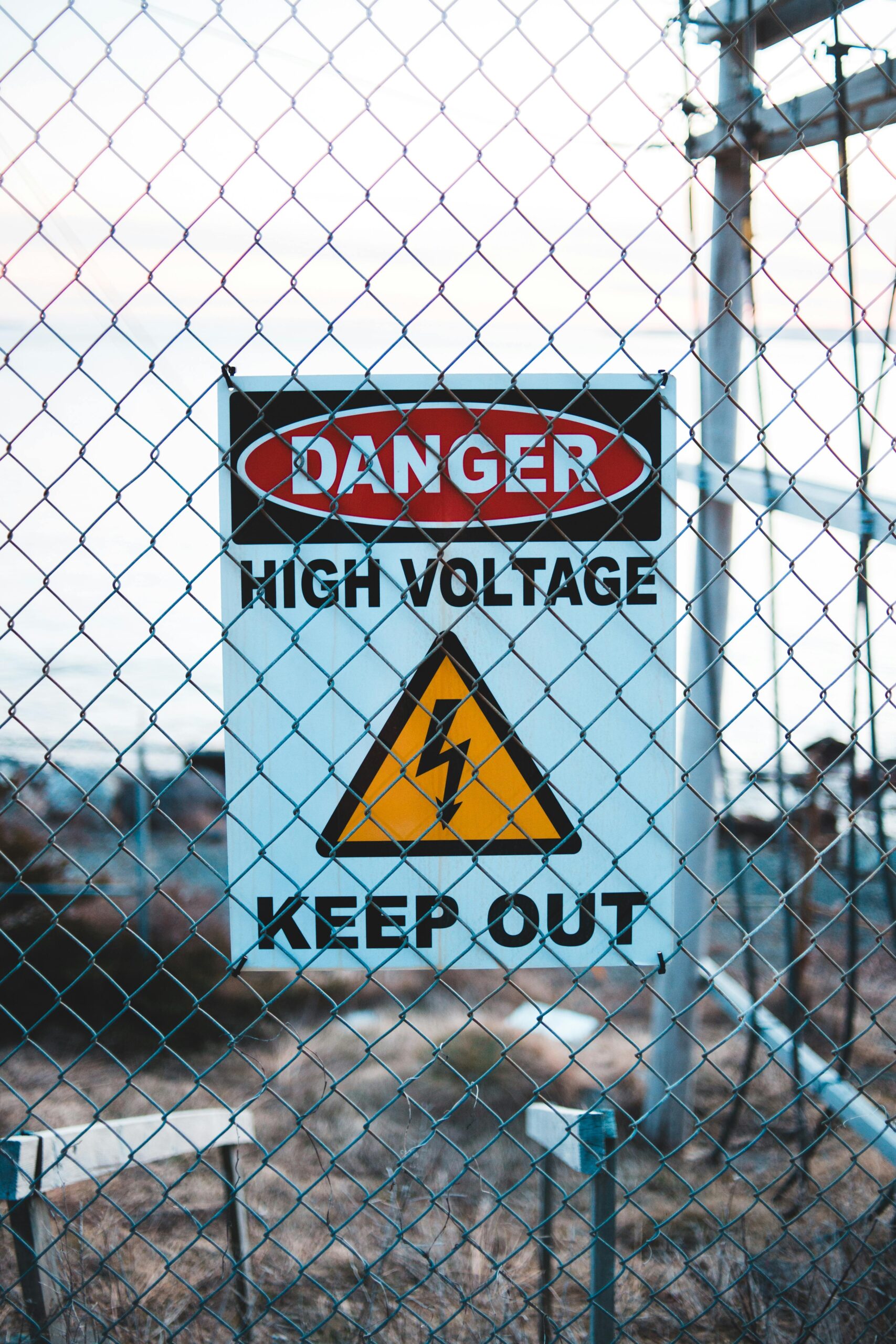🛡️ The Vital Role of Safety Specialists:
When it comes to workplace safety, it’s not just about hard hats and fire drills anymore. In a world filled with evolving regulations, complex machinery, digital threats, and pandemic-level health concerns, organizations need more than good intentions—they need safety specialists.
These behind-the-scenes professionals are the unsung heroes who keep employees safe, businesses compliant, and operations running smoothly. Whether they’re full-time in-house experts or external consultants, safety specialists are playing a more critical role today than ever before.
In this article, we’ll unpack:
- Who safety specialists are
- What they actually do
- Why they matter more than ever in 2025
- How they protect your people, profits, and peace of mind
👷♀️ Who Are Safety Specialists?
Let’s break it down.
A safety specialist—sometimes called a health and safety consultant or safety professional—is someone trained to identify, assess, and reduce risks in workplaces. Their goal? Prevent accidents and illnesses, ensure compliance with laws, and foster a safety-first culture.
They may work:
- As in-house professionals within large organizations
- As independent consultants offering services to multiple clients
- As part of government agencies, NGOs, or labor unions
Their expertise can span various industries: construction, manufacturing, healthcare, oil & gas, tech, education—you name it.
👉 Think of them as the GPS in your safety journey. You still drive the car (your business), but they help you avoid the potholes.
🧰 What Do Safety Specialists Actually Do?
It’s easy to assume that a safety professional just walks around with a clipboard doing inspections. But their job is much broader and more strategic.
Here’s a look at what they typically handle:
1. Risk Assessment and Hazard Identification
- Analyze workplace environments
- Pinpoint potential risks (physical, chemical, ergonomic, biological)
- Recommend preventive strategies
2. Policy and Procedure Development
- Draft and implement safety manuals
- Update safety protocols as laws and tech evolve
3. Compliance Monitoring
- Ensure organizations meet OSHA, ISO, and other industry standards
- Help prepare for and pass audits
4. Employee Training
- Conduct workshops on first aid, fire safety, PPE usage, etc.
- Educate teams on recognizing hazards and responding to emergencies
5. Incident Investigation
- Respond after an accident
- Determine the root cause
- Suggest corrective actions to prevent recurrence
6. Health & Wellness Integration
- Address occupational health issues
- Promote mental health awareness and ergonomics
7. Emergency Preparedness
- Design evacuation plans
- Run emergency drills
- Coordinate with local authorities in crisis scenarios
📈 Why Their Role Is More Crucial Than Ever in 2025
Safety isn’t static—and neither is the role of the specialist. Here’s why they’re in hot demand right now:
💥 1. Increasing Complexity of Workplace Risks
From AI-run machinery to remote work risks (yes, staring at screens all day is a hazard), today’s workplaces are more complex than ever.
A safety specialist helps decode:
- New tech hazards
- Mental health triggers
- Digital security overlaps with physical safety
⚖️ 2. Stricter Regulatory Environments
Governments worldwide are tightening regulations on safety, labor rights, and environmental impact. Non-compliance doesn’t just lead to fines—it can shut down your business or damage your brand.
A good safety consultant will keep you ahead of the curve.
🤝 3. Increased Focus on Corporate Responsibility
Employees, consumers, and investors now demand more than profit—they want ethical and safe workplaces. Safety specialists help you walk the talk when it comes to ESG (Environmental, Social, and Governance) values.
😷 4. Post-Pandemic Health Sensitivities
COVID-19 shifted the way we think about health and safety. Now, organizations must integrate public health best practices—from air quality to mental health protocols—and safety experts are leading that charge.
💡 Consultants vs. In-House Safety Professionals: What’s the Difference?
Should you hire a full-time safety officer or bring in a consultant? It depends on your needs.
| Feature | In-House Safety Professional | Safety Consultant |
|---|---|---|
| Best for | Large, high-risk industries (e.g. factories) | Small-to-medium businesses |
| Availability | Full-time, embedded in operations | Project-based or on retainer |
| Cost | Fixed salary + benefits | Pay-per-project/hourly |
| Expertise Range | Deep internal knowledge | Broad, cross-industry perspective |
| Flexibility | Less flexible with change | High adaptability |
Pro tip: Many organizations use a hybrid model—internal teams supported by consultants during audits, training, or complex projects.
🏆 The Benefits of Hiring a Safety Specialist
Still wondering if hiring a safety expert is worth it? Here are just a few benefits:
✅ Fewer Accidents and Incidents
A well-trained safety specialist helps prevent injuries, saving lives and reducing downtime.
✅ Reduced Legal and Insurance Costs
Compliance leads to fewer legal issues and lower insurance premiums.
✅ Increased Productivity
Employees who feel safe work harder and smarter. It’s that simple.
✅ Improved Reputation
Clients and stakeholders trust businesses with a strong safety track record.
✅ Better Employee Retention
Workers are more loyal to employers who prioritize their well-being.
🧪 Real-World Example: How a Safety Consultant Saved a Factory
Let’s take a quick case study.
A mid-sized manufacturing company in Texas was experiencing a spike in workplace injuries—mostly minor but frequent. Morale was dipping, insurance costs were rising, and management didn’t know what was going wrong.
They brought in a certified safety consultant for a 90-day audit.
Findings:
- Outdated safety signage
- Inefficient use of PPE
- No hazard reporting mechanism
- Lack of proper forklift training
Results:
- Injuries reduced by 60% in 6 months
- Insurance premiums dropped by 15%
- Employee satisfaction scores rose by 20%
All from a short-term consultant’s insight.
📚 What to Look for When Hiring a Safety Specialist
Not all safety professionals are created equal. Look for these key qualifications:
🎓 Certifications
- CSP (Certified Safety Professional)
- CIH (Certified Industrial Hygienist)
- OSHA 30-hour or 510 certifications
- NEBOSH (for international standards)
🏭 Industry Experience
Hire someone with experience in your field—construction safety differs from IT office ergonomics.
🗣️ Communication Skills
They should be able to explain complex safety issues to everyone—from your floor workers to your CEO.
💡 Proactive Attitude
Look for consultants who solve problems before they arise, not just those who clean up after them.
🤖 How Tech Is Helping Safety Specialists in 2025
Today’s safety experts aren’t just carrying clipboards—they’re armed with smart tools.
Examples:
- Drones for site inspections in hazardous zones
- Wearable tech to monitor fatigue and exposure levels
- AI-powered dashboards for real-time risk alerts
- AR/VR training simulations for dangerous tasks
This digital shift is making safety work more proactive, data-driven, and cost-effective.
📋 Quick Checklist: Does Your Business Need a Safety Specialist?
Answer “yes” to any of these? You might need one.
- Do you work with heavy machinery, chemicals, or high-risk environments?
- Are you unsure whether your safety policies are up-to-date?
- Have you experienced any workplace injuries or close calls recently?
- Do you lack a formal emergency response plan?
- Is your team confused about safety procedures or training?
If you said “yes” more than once, it’s time to call in the pros.
🎤 Final Thoughts: Safety Is an Investment, Not an Expense
It’s tempting to think of safety as an added cost—but in truth, it’s one of the smartest investments you can make.
Whether it’s:
- Preventing lawsuits
- Protecting your reputation
- Or saving a life
A safety specialist can be the difference between chaos and control.
So don’t wait for an accident to trigger action. Make safety part of your growth strategy—because when safety goes up, everything else does too.
💬 Join the Conversation
Have you worked with a safety consultant or specialist in your organization? What challenges or benefits did you see?
Drop your thoughts in the comments below—and don’t forget to share this with fellow professionals who care about building safer, smarter workplaces.
“Start Your Website Journey Today – Exclusive Hostinger Discounts!”
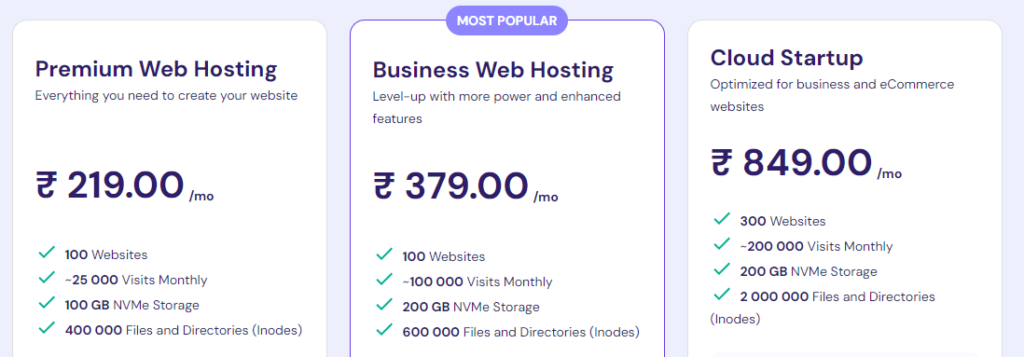
Turn Any Idea into Viral,
Jaw-Dropping AI Videos in Seconds!




